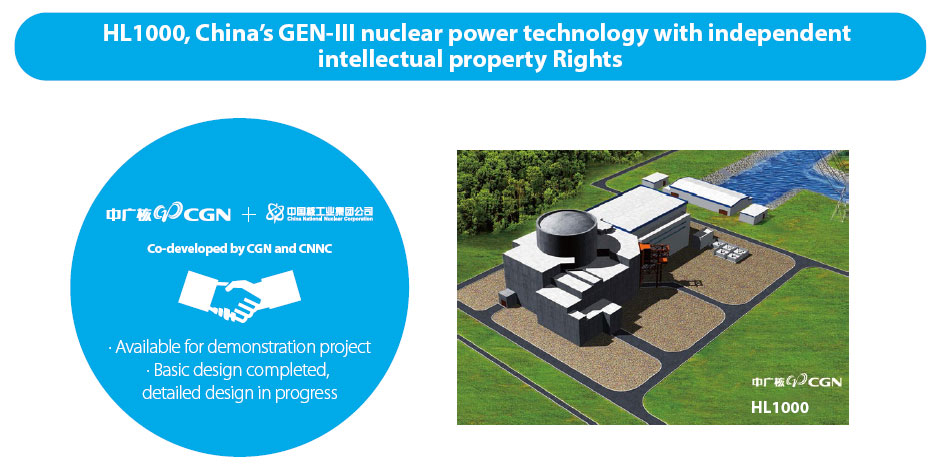I have mentioned in previous blogs that the Chinese have made a major national commitment to nuclear power both for domestic consumption and for export of nuclear technology to other countries. I have also mentioned that investors are generally leery of nuclear power as a sound investment. Now these two facts have collided as Chinese nuclear companies are going public.
CGN Power is the biggest state owned nuclear power company in China. It has almost ten gigawatts of generating capacity. CGN will probably be offering three billion dollars worth of shares on the Hong Kong Stock Exchange in November. CGN Meiya Power, an affiliate of CGN Power raised two hundred and sixty two million dollars on the Hong Kong Exchange in September. Since raising that money, the shares in CGN Meiya Power have risen by twenty percent. China National Nuclear Power, another big state owned nuclear company is preparing for an initial public offering of stock. These companies will be joining a small group of companies which offer shares that are either mostly or entirely based on nuclear power. Exelon in the United States and EDF in France are two such companies.
Other countries such as Germany are phasing out nuclear power and the global attitude toward nuclear power is cooling. China halted all new project approval following the nuclear disaster at Fukushima in March of 2011. However, rising demand for power and horrible pollution from coal power plants has renewed China's commitment nuclear power. The recent and pending IPOs of Chinese nuclear companies are expect to provide funds that will be required to triple Chinese nuclear power generation to about sixty gigawatts by 2020.
While it could be assumed that the fact that the nuclear companies going public in China are state owned would make them a good investment, state ownership may have problems that make investment less attractive. The power generated by CGN Power is sold to state-run electrical grids under regulated tariff arrangements. For nuclear power plants that went production before 2013, the tariff arrangements were supposed to provide for a "reasonable" profit but the net profits of CGN Power have fallen since 2011. For plants that began operations in 2013 or after, there is supposed to be a "fixed tariff." However, if the power from nearby coal power plants is cheaper than the nuclear generated electricity, then the tariff will be lowered to remain competitive. The odds are high that the cost of coal will be dropping and the tariff arrangement will have to lower nuclear electricity prices which will cut into profits and share prices for the nuclear power industry in China. China may also lower nuclear power prices to help heavy industries that are struggling.
Assumptions of continuing economic growth in China suggest that there will by rising demand for electricity which should help the nuclear power companies. GCN Meiya shares are trading at a greater multiple of earning than either Exelon Shares or EDF shares. However, growth will have to be high in order for GCN Meiya to be able to deliver on its current popularity. GCN Meiya has a huge debt load and only ten percent of the IPO is allocated to paying off the debt.
I think that China is far too optimistic about their ability to triple their nuclear generation without running into major problems such as slower growth or a major nuclear accident. A future major nuclear accident somewhere in the world is virtually certain and would heavily impact nuclear power in China. As I have said often, nuclear power is a bad investment.
